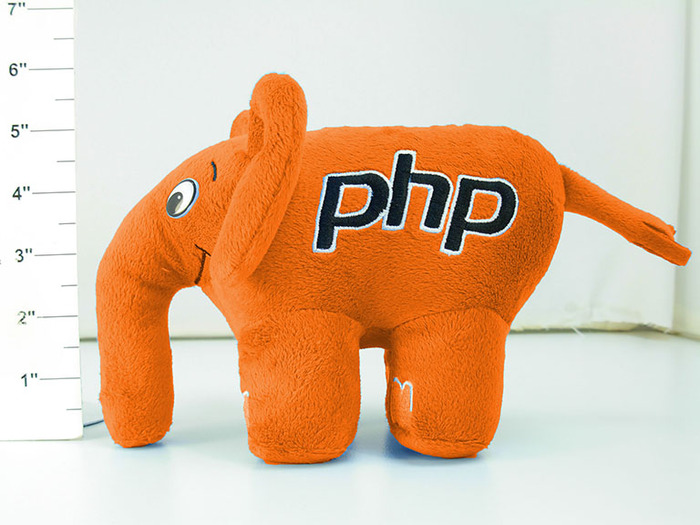The next version of PHP will be called PHP 7
 A long debate over the name of the next version of PHP has finally ended today: so, the next version will have a serial number of 7 .
A long debate over the name of the next version of PHP has finally ended today: so, the next version will have a serial number of 7 . PHP7 will be the basis of PHP7 . Many of the latest suggestions and patches are made already on its basis - including such interesting things as uniform variable syntax , native big integers and abstract syntax tree . Due to changes in the internal APIs , many third-party extensions (e.g. xdebug, extensions for mongodb and memcached, php-protocolbuffers) must be reworked, so PHPng will not be able to enter PHP 5.7. It would seem that the problem is not so great - but, for example, Yahoo uses about 400 different PHP extensions in its development, so the process should take some time.
When the question came up about choosing a number for the next version of PHP, the developers immediately remembered the previous attempt to make PHP 6, which started in 2005 and was discontinued in 2010 due to difficulties with the implementation of Unicode support. Therefore, all the innovations of PHP6, except for the same support, were then implemented in PHP 5.3 and PHP 5.4.
But because of this failure, the arguments against the name PHP 6 were quickly found: Amazon still has a lot of books Learn PHP6 in 1 hour, which are now only suitable for kindling a furnace; "abandoned" PHP6 in the past there were many reports at conferences; and in general - everything that was written about PHP 6 until 2010 - has not gone anywhere and would create unnecessary confusion around the release. If we forget that the question “Why was PHP 7 after PHP 5?” Soon runs the risk of settling among the most popular topics on Toaster and StackOverflow, there were no objective reasons why core developers didn’t miss versions.
RFC
